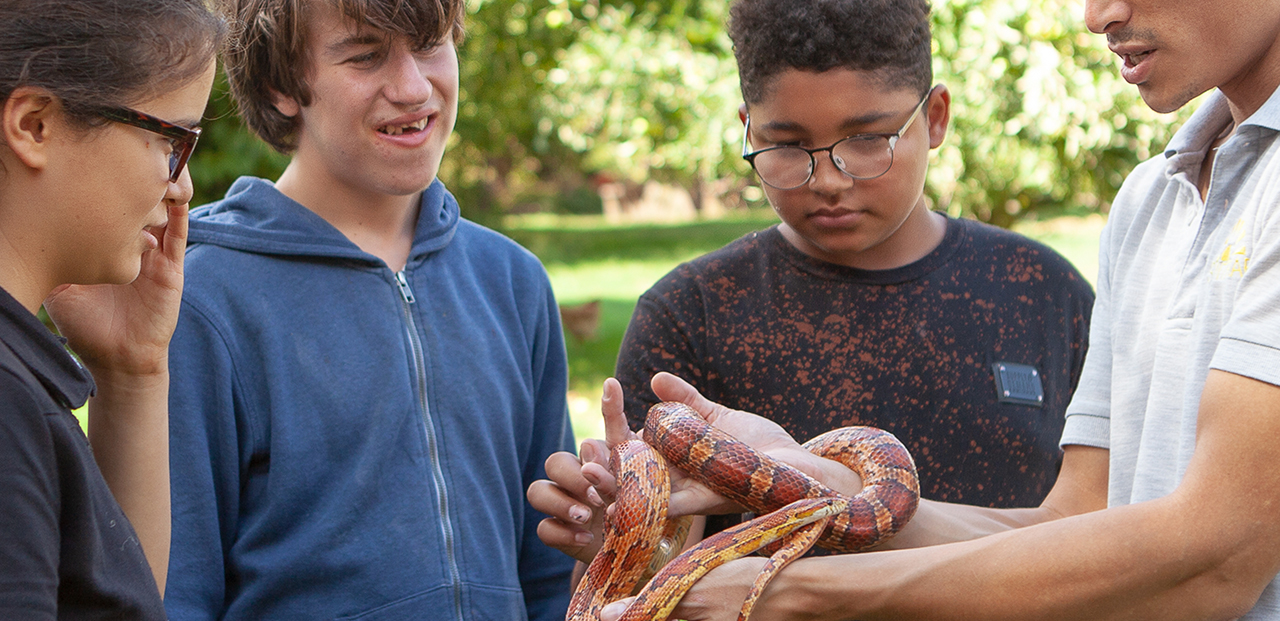The Hub
Health & Safety
Employers must ensure that they meet all statutory requirements as laid out in the Health and Safety at Work Act, 1974.
Schools and colleges
The Local Authority (LA) has a number of Local Codes of Practice (LCoPs) in order to support maintained schools to meet these requirements.
The Health and Safety Executive (HSE) also provides guidance for education establishments to support them manage significant risks for children, students and members of staff. It also provides a breakdown of the roles and responsibilities of employers, governors, school leaders and staff.
Creating Futures have a Health and Safety newsletter on avoiding, coping and eliminating stress.
Childcare and Early Years Settings
Like all employers, childcare and early years providers, have a legal duty to manage the health and safety of the premises they operate from. The Health and Safety Executive provides a wide range of guidance and support including:
- Legal duties outlining the minimum processes and procedures that employers must have in place to meet the legal requirements
- Managing for health and safety - aimed at owners, trustees and line managers to ensure appropriate health and safety arrangements are in place
Health and Safety Traded Services
The Health and Safety Team provide comprehensive and timely information, advice and support to assist the School and its Governors in achieving compliance in all matters relating to Health and Safety to ensure that at all times, the school remains a safe environment.
If you are signed up to WF Traded Services you can view and download a range of Health and Safety forms and templates. If you aren't signed up please fill in the form at the bottom of this page for more information.
First Aid Certificates
At least one person who has a current paediatric first aid certificate must be on the premises at all times when children are present, and must accompany children on outings. First aid training must be relevant for workers caring for young children. Childminders, and any assistant who might be in sole charge of the children for any period of time, must hold a current paediatric first aid certificate. For settings, we recommend implementing an electronic reminder procedure to ensure renewals are booked as appropriate and are included in the annual review of staff’s training needs.
There are many paediatric first aid courses available on the market. Whichever course a childcare professional chooses it must meet the requirements of the EYFS and Ofsted.
Public Health England
Did you know Schools and nurseries are common sites for transmission of infections? This is because children are particularly susceptible to infections because:
- they have immature immune systems
- have close contact with other children
- sometimes have no or incomplete vaccinations
- have a poor understanding of hygiene practice
To assist you in effectively minimising the spread of infection in your setting, and complying with section 3.2 EYFS, 2017, you will find guidance on infection control on the most recent poster from Public Health England.
Read more details on Public Health England's guidance.
Behaviour
Detailed support on behaviour can be found on the BACME pages
Providers are responsible for managing children's behaviour in an appropriate way.
We recommend that they have and implement a behaviour management policy, and procedures:
- A named practitioner should be responsible for behaviour management in every setting. They must have the necessary skills to advise other staff on behaviour issues and to access expert advice if necessary.
- In a childminding setting, the childminder is responsible for behaviour management.
Punishing a child
Providers must not give corporal punishment to a child, nor threaten it.
Providers must take all reasonable steps to ensure that corporal punishment is not given by any person who cares for or is in regular contact with a child, or by any person living or working in the premises where care is provided.
Any early years provider who fails to meet these requirements commits an offence.
A person will not be taken to have used corporal punishment (and therefore will not have committed an offence), where physical intervention was taken for the purposes of averting immediate danger of personal injury to any person (including the child) or to manage a child’s behaviour if absolutely necessary.
Providers, including childminders, must keep a record of any occasion where physical intervention is used, and parents and/or carers must be informed on the same day, or as soon as reasonably practicable.
Supporting parents to deal with the challenges of raising children
Raising children is tough especially when it comes to discipline it can be difficult to know how best to react when a child is misbehaving. Increasingly, families want to adopt ‘positive parenting' techniques for disciplining children such as encouragement, rewarding good behaviour and setting clear boundaries and to move away from aggressive reactions like shouting or smacking.
To help parents, NSPCC Wales is launching its own positive parenting campaign, Take 5. It urges parents of children aged between one and four to stop - breathe - and react calmly when dealing with tantrums, difficult behaviour and other challenging parenting situations.
Further information
Childcare providers can also refer to the Schools Behaviour policy and guidance section, where there is advice about how schools can develop their behaviour policy, so the same principles could be applied to childcare providers.

Find out more about our Traded Services?
Please see our privacy policy for more details